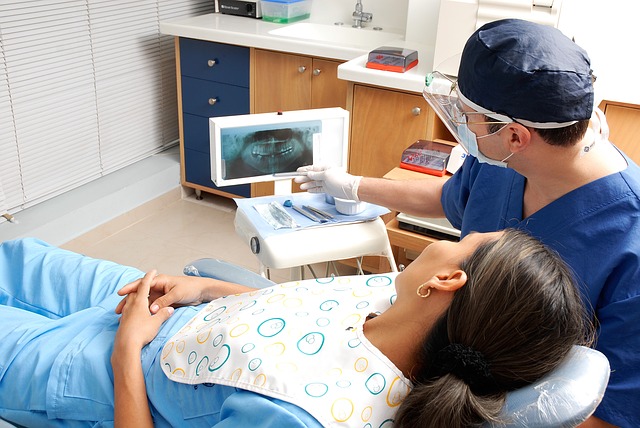Dental implants are one of the most permanent dental procedures you can undertake. It is also considered a major dental surgery, which means that these procedures shouldn’t be considered except when absolutely necessary.
We’re going to take a look into the purpose of dental implants, some of the science behind their use, and common expectations after implementation. Your dentist should give you an exhaustive overview of this oftentimes expensive procedure to ensure that this surgery can be part of a permanent solution to your specific dental issues.
If you have any questions about this procedure, or are wondering whether it is right for you, give us a call at 02 6362 1987 so we can make sure dental implants, or any other dental procedure, is the best option for you.
What Exactly is a Dental Implant?
While many people think a dental implant is an actual new tooth being placed into the mouth, in fact the term “dental implant” only refers to the piece of material secured into the bone. Sometimes made out of titanium, the materials used are typically designed so the bone of the area in question will fuse with the implant over time—called osseointegration—thus creating a near-permanent placement of the implant.
Why Dental Implants?
Dental implants are used in many different cases, from complete tooth replacement to denture and bridge placement. In most cases, the material used for dental implants is titanium.
In some cases, a tooth needs to be completely replaced. After cleaning the area in question an implant, fitted with a ceramic crown—essentially the actual replacement for the tooth—is inserted into the empty spot where the tooth once was.
In the case of a badly-infected tooth, implants might also be used. The tooth could be so badly infected or rotted that total removal of the tooth is the best option, helping to insure the infection doesn’t spread.
There are also small diameter implants, which are used to aid in tooth movement. Placed in the jawline or top jaw, these implants help stimulate the cells to promote movement of a tooth in a preferred direction.
Following the Procedure
While dental implants are considered a near-permanent solution, close attention is paid to implants post-operation.
Between eight and 24 weeks is needed to determine whether the bone surrounding the implant is successfully forming around it. Using non-invasive techniques, your surgeon will be able to accurately determine whether the implant is integrating correctly.
As blood vessels need to heal after an implant, flossing should be done with extra care. At times bleeding can occur regardless, so while there is no need for alarm keep your surgeon up to date on the condition of your implant.
There are also several medications that your doctor could prescribe for various reasons following a dental implant surgery. As with any surgical procedure, a risk of infection is present, so you will most likely be given an antibiotic. There are also pain medications typically used—one of the most popular being Vicodin—to help manage pain several weeks after surgery.
The four to six hours immediately following surgery require a special attention to diet. Drink cold liquids, without a straw, to allow proper clotting to take place. After this point, you can start slowly integrating very soft foods like yogurt, ice cream, and others into your diet.
For the next few weeks, make sure to stick to foods you can cut with a fork—ground meat dishes, pie, or anything else that doesn’t require cutting with a knife. Make sure to stay away from nuts, popcorn, or other things that can easily get lodged between your teeth.
The most important advice following surgery is this—if it hurts, don’t eat it. For your teeth, your post-operation routine can make or break the success of a dental implant.
If you have any more questions about dental implants or want to schedule a consultation, reach out to our office at 02 6362 1987 so we can make sure you are on the path to complete and total dental health.

